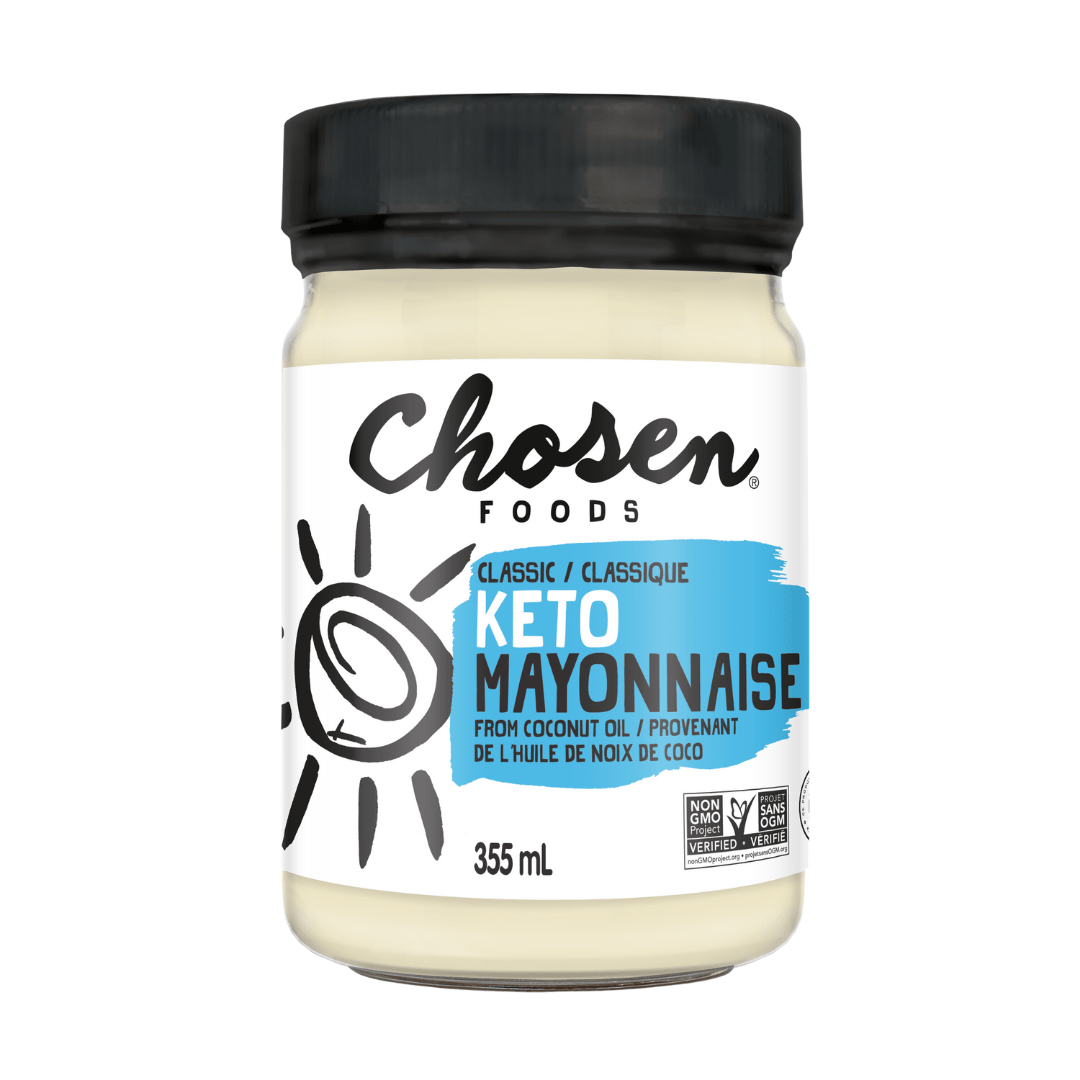Smart Ways to Address Keto Headache for Better Well-being in 2025
Experiencing a keto headache? You're not alone. Many individuals embarking on the keto diet often face various symptoms, including persistent headaches. These discomforts can arise due to several reasons during the dietary transition. In this guide, we will discuss the top causes, remedies, and prevention strategies for keto headaches. By understanding these essential elements, you could enhance your well-being as you navigate the low-carb world.
Understanding the Causes of Keto Headaches
The onset of keto headaches can be attributed to several underlying factors that occur during the transition to a ketogenic diet. One of the primary reasons is **carb withdrawal**, as your body adjusts to a reduced carbohydrate intake and shifts into ketosis. This withdrawal can lead to psychological and physical symptoms, including headaches.
Electrolyte Imbalance and Dehydration
Another significant cause of keto diet headaches is **electrolyte imbalance**. During the initial stages of the keto diet, your body excretes more water and minerals due to reduced insulin levels. This loss of essential electrolytes can lead to debilitating headaches. To address this, it's crucial to maintain proper hydration levels—drinking plenty of water and replenishing lost electrolytes through dietary sources or supplements can significantly reduce head pain.
Coping with Nutritional Deficiencies
Nutritional deficiencies may intensify keto headaches. A lack of important vitamins and minerals can contribute to headaches in individuals who have recently adopted a low-carb diet. Ensuring that you consume a variety of vegetables, nuts, and seeds will not only support your overall health but will also mitigate the chances of experiencing headaches due to nutritional gaps. Consider integrating supplements like magnesium and potassium for better support against headaches.
Understanding Keto Flu and Its Symptoms
The term **keto flu** refers to a collection of symptoms, including headaches, that individuals may experience as their bodies acclimate to burning fat instead of carbohydrates. Symptoms typically manifest within the first week of starting the keto diet and can also include fatigue, irritability, and cravings. Recognizing these symptoms early allows you to take preventive measures, such as gradually decreasing carbohydrates before committing fully to the keto diet. This transitional approach can be beneficial in minimizing its impact.
Managing Symptoms of Keto Headaches
Now that you know the causes of keto headaches, it’s time to explore practical strategies for managing these symptoms effectively. Identifying what specifically triggers your headaches is crucial for effective management.
Hydration and Nutritional Support
Keeping yourself well-hydrated is paramount. Increased hydration can prevent **dehydration and keto headaches** from spiraling into more significant issues. Aim to drink at least 8-10 glasses of water per day, and consider adding electrolytes to your hydration routine to restore balance. Additionally, eating nutrient-rich foods and possibly incorporating a multivitamin can help fill any dietary gaps that contribute to headache development.
Natural Remedies and Herbal Solutions
There are numerous **natural remedies for keto headaches** you can try. Herbal teas, such as ginger or peppermint tea, may not only help with headache relief but also offer digestive benefits, alleviating other discomforts associated with dietary changes. These herbal solutions are gentle on the stomach and can act as beverages that support both hydration and headache relief simultaneously.
Strategic Meal Planning
Take a closer look at your **dietary adjustments for keto headaches**. Planning and preparing your meals can ensure you are consistently eating appropriate quantities of fats, proteins, and green vegetables. A low-carb, high-fat example meal might include avocado, leafy greens, and healthy oils. This approach will keep your carbohydrates low while delivering nutrient-dense options that can combat headaches stemming from dietary changes.
Preventing Keto Headaches in the First Place
Prevention is the best approach for avoiding the undesired effects of keto headaches. Establishing daily habits and routines that support your keto lifestyle can pave the way for a smooth dietary transition.
Adequate Hydration Techniques
Incorporate hydration reminders into your daily routine. Setting an alarm on your phone or placing sticky notes in visible areas can motivate you to drink water frequently. Furthermore, integrating foods with high water content such as cucumbers and watermelon into your diet can serve dual purposes — aiding hydration and filling nutrient requirements, which could help prevent headaches altogether.
Monitoring Symptoms and Triggers
Keeping a detailed **headache tracker** can greatly enhance your understanding of headaches and their triggers. Bookmark days when you feel persistent pain and examine any commonalities, such as what you’ve eaten or your hydration levels. This insight not only assists in identifying patterns but offers vital hints on necessary lifestyle modifications to prevent future episodes.
Supplemental Support and Dietary Adjustments
In addition to proper meal planning and hydration strategies, utilizing supplements can keep nutritional deficiencies at bay. Consider integrating **vitamins for keto headache** relief. Magnesium, in particular, has shown promise in reducing headache frequency and intensity. Always consult with a healthcare professional before beginning any new supplements to ensure they align with your dietary needs.
Key Takeaways
- Adequate hydration and electrolyte balance are crucial to avoid keto headaches.
- Nutritional support through a rich diet can reduce the occurrence of headaches.
- Implementing natural remedies and tracking symptoms may enhance headache management.
- Gradual carbohydrate reduction can aid in adapting to the keto diet while minimizing symptoms.
- Regular monitoring of potential triggers can prevent future headaches from arising.
FAQ
1. What are the common symptoms of keto flu and how do they relate to headaches?
The common symptoms of **keto flu** include fatigue, irritability, nausea, and dehydration—all of which can contribute to headaches. Understanding these symptoms allows for better management; thus if you're experiencing any, implement hydration and dietary adjustments to mitigate head pain.
2. How does managing electrolytes help in preventing keto headaches?
Proper balance of electrolytes such as sodium, potassium, and magnesium can significantly alleviate head pain associated with **electrolyte imbalance keto headache**. As these nutrients are lost during the transition to ketosis, replenishing them through diet or supplements can help maintain bodily function and reduce discomfort.
3. Can fasting contribute to keto headaches, and if so, how?
Yes, **fasting and keto headaches** may appear, especially when starting the diet. As your body adjusts to using fat for energy, withdrawal from sugar can lead to headaches. Gradually incorporating fasting while maintaining hydration and electrolyte levels can create a smoother transition.
4. Are there effective herbal remedies for keto headaches?
Herbal remedies such as ginger and peppermint teas are effective for **natural remedies for keto headache**. These can provide soothing relief for tension and migraines while promoting digestion, enhancing wellbeing throughout your keto journey.
5. How can I track and manage my keto headaches effectively?
Keeping a **headache tracker** can be incredibly helpful. Note down each occurrence along with your diet and hydration status. This information allows you to identify potential triggers for your **keto headaches**, aiding in future prevention and strategies for managing them.
6. What role does gut health play in keto headaches?
Gut health significantly impacts your body's ability to adapt to the keto diet. A well-balanced gut microbiome can prevent unwanted symptoms like **keto headaches**. Incorporating fermented foods can support gut health and contribute to overall wellness, further helping to manage symptoms related to your diet.
7. Can I still lose weight effectively while managing keto headaches?
Absolutely! **Headaches and weight loss** shouldn't hinder each other. By properly managing your symptoms through hydration, a balanced diet, supplements, and semi-regular tracking, you can still achieve weight loss goals without the interference of persistent headaches.


